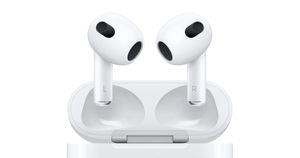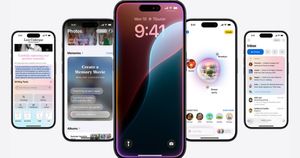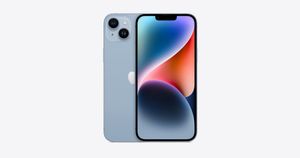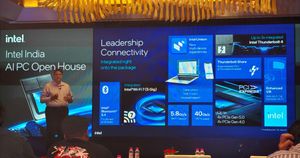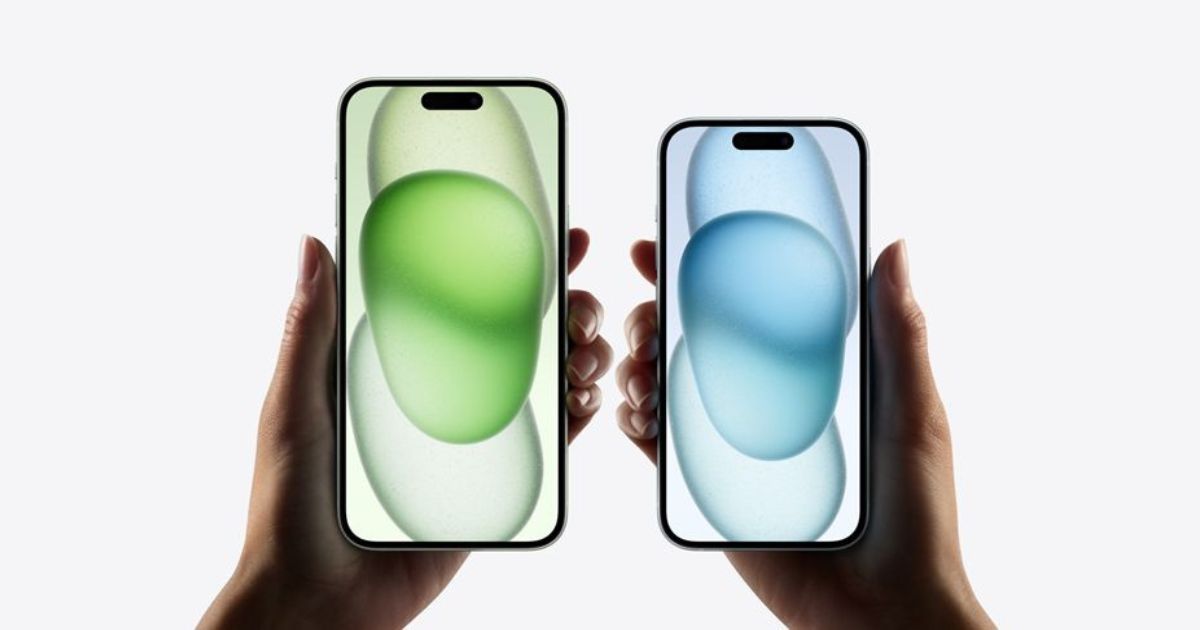
Apple has been famous for providing software support to their devices for long. For example, the iPhone XR, launched in 2018, is running the latest version of iOS, that is iOS 17.5 and is rumoured to get iOS 18 as well. However, Apple hasn’t mentioned a definite and minimum software support timeline for iPhones.
With the UK's PSTI (Product Security and Telecommunications Infrastructure) regulation coming into effect, Apple is now committing to a minimum of five years of security updates from the first supply date. The supply date here refers to the first sale date of the device. This means that the Apple iPhone 15 series devices will be supported until September 2028.
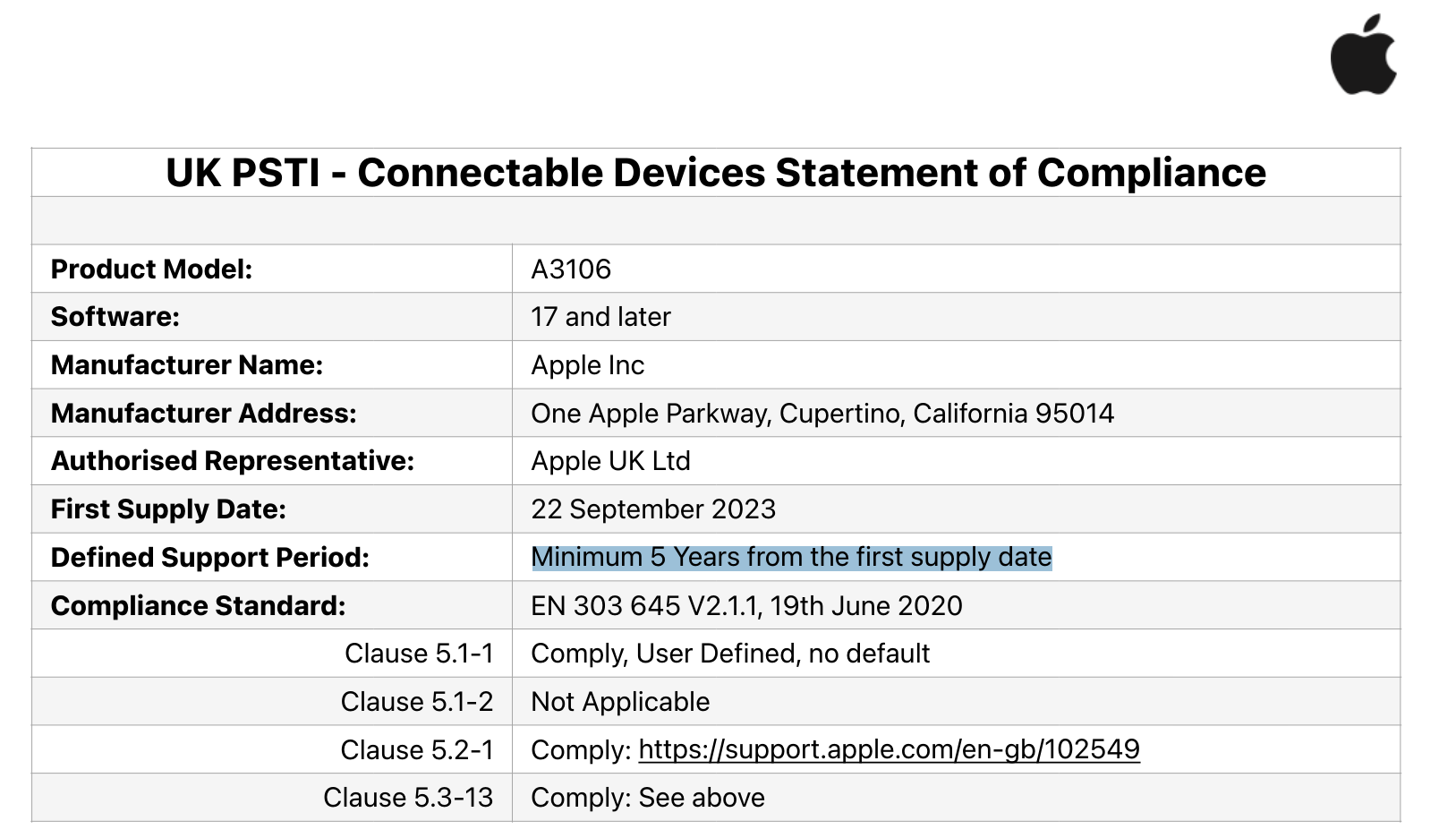
Until a couple of years ago, five years of software support would have been one of the best in the industry. However, in recent times, Google and Samsung have promised to support their flagship phones for seven years and in comparison, Apple’s software policy falls short.
So, the impression that Apple offers the best software support in the industry is no longer true.
Apple might have promised five years of software support in the documents but the company has provided updates longer than that for some devices. In the past, Apple supported some models for more than six years. Moreover, Apple doesn’t differentiate between flagship and mid-range offerings when it comes to providing security updates to the iPhones.
On the other hand, the story is completely different when it comes to security updates for mid-range Android devices. While, the Android flagships from Google and Samsung get software support for seven years. The mid-range handsets from most brands get just two to three years of software support (including security patch updates). Still, that’s a much better scenario when you compare the state of Androids till a few years ago, where software support for several high profile smartphones would be abandoned midway through their product life cycles.
